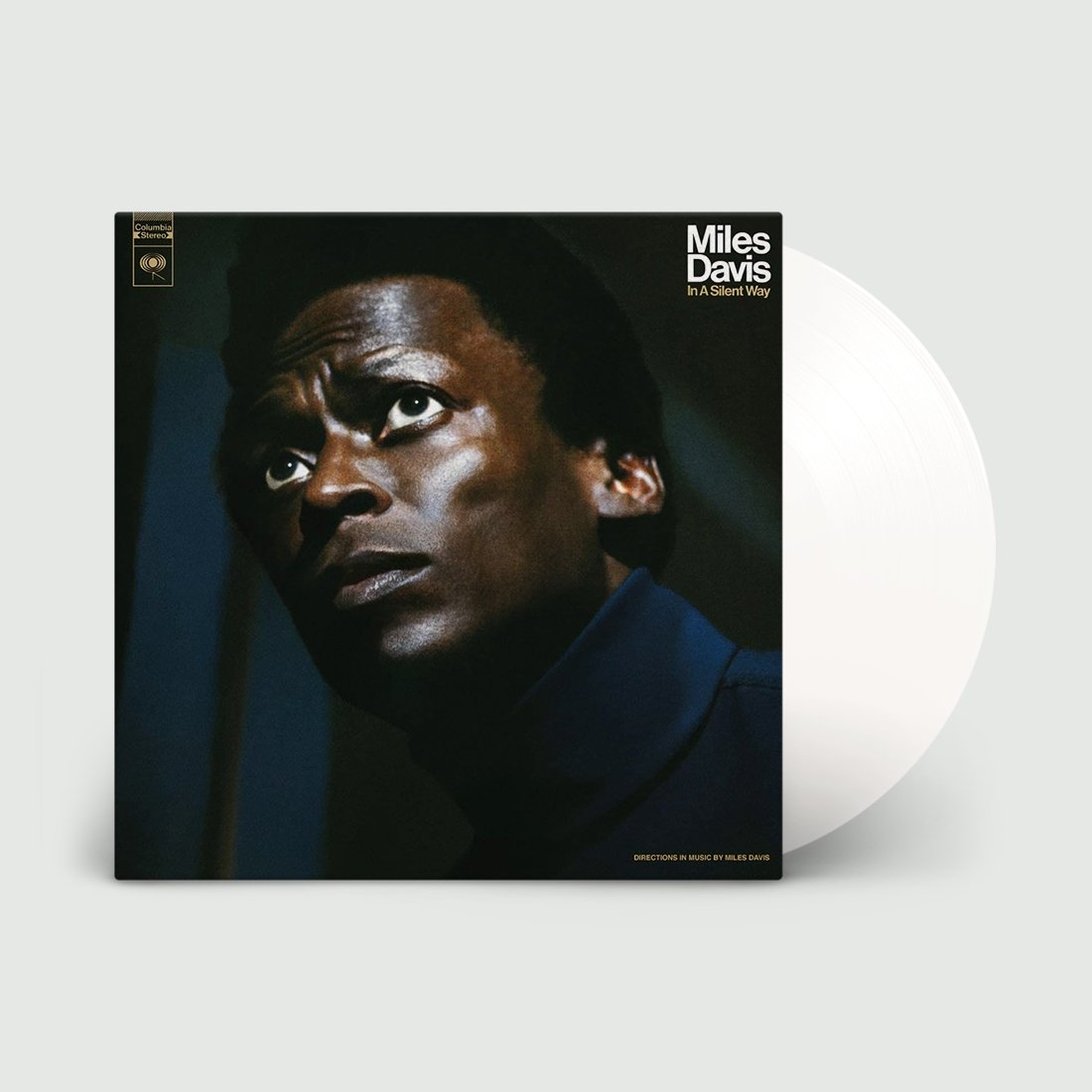
In one song, ”The Blue Mask,” he launched into a venomous attack on phony thrill seekers who dabble in deviance, who always back off when faced with the ultimate abyss (“Dirty’s what you are and clean is what you’re not/You deserve to be soundly beat”).
#Out of the darkness album mclaughlin free
Those records were, Reed says now, “the end of something, the absolute end of everything from the Velvet Underground up.” In forming a band that paired the notorious New York avant-punk guitarist Robert Quine, a longtime Velvets acolyte, with a fluid, soulful bassist named Fernando Saunders, Reed had summarized his entire career - seventeen erratic, troubled, triumphant years spent trying to reconcile his love of pithy pop expression with the exorcising shriek of free jazz and the brutal honesty of his lyric themes.

The old Lou Reed met his demise with the release of 1982’s The Blue Mask and 1983’s Legendary Hearts, which together constitute a frank, musically raw two-volume study of marital tension and profound fear scored with the edgy understatement of the Velvets’ old twin-guitar spasms. Welcome to the new - maybe the only real - Lou Reed. So I want you to all hold hands with the person next to you and kiss them.’ “ You think that’s funny? “The next night,” Reed recalls with an impish grin a week later, as he sits next to an ashtray overflowing with Marlboro butts in an RCA conference room, “I told them, ‘Now, this is a slow one. “This is the nice Lou Reed act,” he quipped at one point, and in “Turn to Me” he declared, “Lou Reed loves ya. At age forty-three, Lou Reed has come up from the old Velvets underground in a very big way, with a smile to match.Ī couple of days after the rehearsal, at the first of two shows at the Ritz in New York City, Reed acted more like a favorite uncle, mixing new songs and Velvets classics with snappy patter and paternal charm. Reed was also one of the Artists United Against Apartheid on the Sun City record, and he won over a host of U2 and Sting devotees with his nightly performances on the recent Amnesty International tour. But in front of his new four-piece band, cranking out ultrafuzz chords on his guitar, revving up the punchy, commercially sleek new tunes from his two latest albums, 1984’s New Sensations and this year’s Mistrial, the middle-aged Lou Reed is anything but a monster.Īfter spending much of the Seventies playing and recording mostly for an audience of critics, glitter kids who’d bought ”Walk on the Wild Side” and Velvet Underground die-hards, Reed has connected with a new generation of fans who discovered him on MTV and in ads for Honda scooters. Before rehearsal, he matter-of-factly zapped a surprised interviewer with a lecture on ethical journalism, citing his displeasure with a story that had run six years ago. Reed can still fire those verbal poison darts with deadly aim. The man who followed his only Top Ten hit, ”Walk on the Wild Side,” a jazzy 1972 roll call of Andy Warhol’s pop-art shock troupe, with Berlin, a cheerless romantic tragedy that he describes as “my version of Hamlet.” Who chronicled his own traumatic experience as a teenager undergoing electroshock therapy in ”Kill Your Sons” (from 1974’s Sally Can’t Dance) and publicly pilloried New York critics Robert Christgau and John Rockwell (”Fuck you! I don’t need you to tell me that I’m good”) on Take No Prisoners, a live LP released in 1978. The poker-faced, acid-tongued Homer of the New York underground, whose Iliad of sex, drugs, fear, loathing and fragile, hopeful love in the asphalt jungle spans two decades and more than twenty-five albums. Surely this can’t be the Lou Reed everyone loves and fears. When he isn’t lighting up a fresh Marlboro, Lou Reed - dressed in a black T-shirt, black leather vest and jeans faded to a perfect robin’s-egg blue - is all smiles and grins. As the musicians charge through a punchy ”I Love You, Suzanne,” he leaps from his stool and starts cuing the band Stokowski-style with the neck of his guitar. ”Think Otis! Think Otis!” Reed gushes, thrilled with the stark ballad’s new full-bodied flavor.

The laugh that follows, a howl of delight that leaves Reed shaking happily on his stool, fills the room with contagious glee.
#Out of the darkness album mclaughlin crack
As the Stax-Volt swell of trumpet, sax and keyboards fades away, Reed’s notorious castiron jaw softens up and his thin, flinty lips crack open in a blazing display of dental fireworks.

In a midtown-Manhattan rehearsal studio, Reed is leading his new touring band into the mighty Memphis soul finish of a toughened-up “Legendary Hearts” when his dark, probing eyes suddenly light up like a pair of Broadway theater marquees. Most of his fans have never seen it, but Lou Reed’s smile is something to behold.


 0 kommentar(er)
0 kommentar(er)
